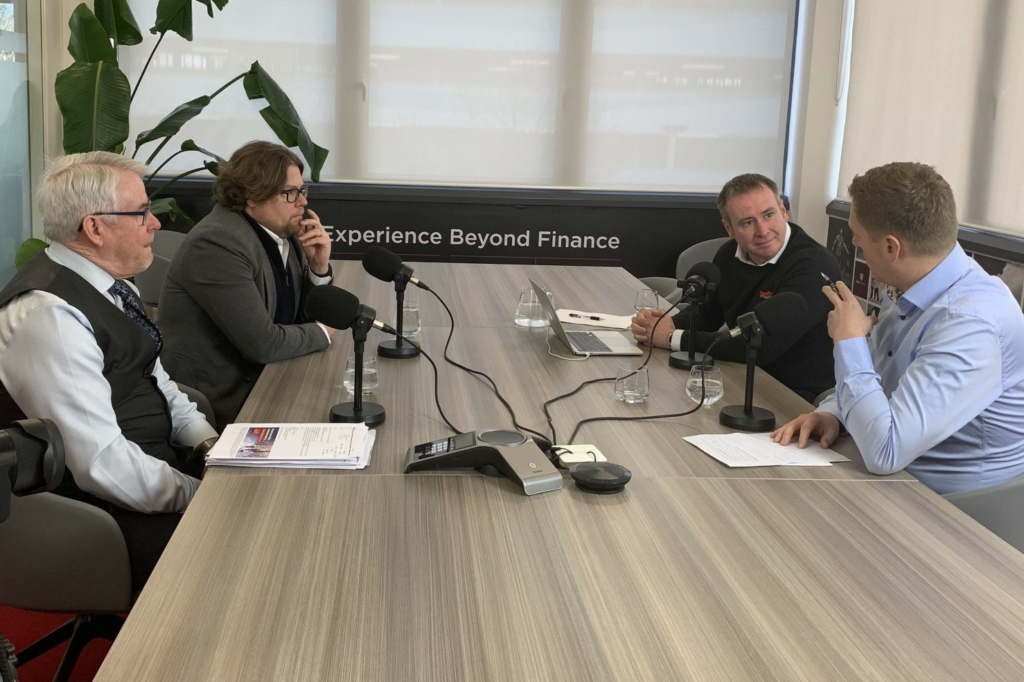UK economic recovery continuing but headwinds remain - British Chambers of Commerce

The UK economy is expected to continue to recover after the short recession late last year but long-term growth is unlikely to be strong, says the British Chambers of Commerce (BCC), with the outlook for trade remaining very weak.
In its quarterly economic forecast, the group upgrades GDP growth for 2024 and 2025 to 0.8% and 1.0% respectively (from 0.5% and 0.7% respectively).
READ MORE: Portsmouth is the fourth fastest-growing UK city
But it says 2026 is expected to be on a par with 2025 - at 1.0% as interest rates fall slowly and consumer spending set to only gradually expand.
BCC surveys continue to show most SMEs are still not increasing their investment, it added, while the poor outlook for trade is also holding the economy back, with both imports and exports contracting in 2024.
“With an upgrade to GDP expectations, our forecast expects the UK economy to be edging towards slightly higher growth rates," said David Bharier, head of research at BCC.
"With the recession of 2023 concluded, and interest rate cuts now expected later in 2024, the environment should become more stable for SMEs to invest," he said.
"However, the margins are slim, and any further shocks could easily dent this recovery. Our research is clear about the issues UK SMEs are facing – skills shortages, inflation that eats at margins, high interest rates that make borrowing harder, and trade barriers with the European Union.
"The BCC’s election manifesto sets our clear policies in five areas which could reinforce business confidence and put the economy on a more secure footing.
“A green-focussed industrial strategy is urgently needed, with action on skills planning, AI, business rates reform and improved trade relations with the EU."
Vicky Pryce, chair of the BCC Economic Advisory Council, added: "The BCC’s latest forecast shows there is life in the UK economy but if it is to gain momentum then it must be nurtured.
"With interest rates expected to be cut at a modest pace and pay outstripping inflation, businesses will be holding onto much of their money – even as confidence rises after the mini-recession."


















